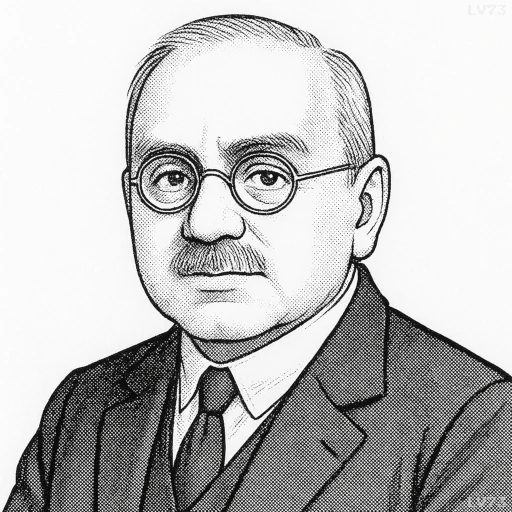“In the investigation of a neurotic style of life, we must always suspect an opponent, and note who suffers most because of the patient’s condition. Usually this is a member of the family.”

- February 7, 1870 – May 28, 1937
- Austrian
- Psychotherapist, Medical Doctor, Founder of Individual Psychology
table of contents
Quote
“In the investigation of a neurotic style of life, we must always suspect an opponent, and note who suffers most because of the patient’s condition. Usually this is a member of the family.”
Explanation
This quote reflects Alfred Adler’s understanding of neurosis as not merely an internal disorder, but a relational and purposeful strategy that often impacts others—especially those closest to the individual. Adler suggests that in the analysis of a neurotic lifestyle, one must look for an underlying conflict or target, someone who is affected or manipulated through the symptom. The symptom is not passive; it is often used, consciously or unconsciously, as a tool to influence others, and the family becomes the primary field where this dynamic plays out.
In Adlerian psychology, every behavior is interpreted in the context of its goal and social purpose. The “opponent” in this quote may be a parent, sibling, or spouse who becomes the focus of blame, guilt induction, or avoidance. For example, a person might remain ill or anxious to elicit care, delay responsibility, or gain moral leverage in family dynamics. Thus, the symptom serves a function within the private logic of the individual, even as it causes distress to others.
In contemporary therapy, this insight has strong relevance to family systems theory and relational psychotherapy, where symptoms are viewed within the broader context of interpersonal patterns and roles. Recognizing who suffers most—often a family caregiver or emotionally entangled relative—helps uncover the emotional economy of the neurosis. Adler’s approach reminds clinicians and observers alike that healing must address not just the individual, but the relational context that sustains and is impacted by the behavior.
Would you like to share your impressions or related stories about this quote in the comments section?

